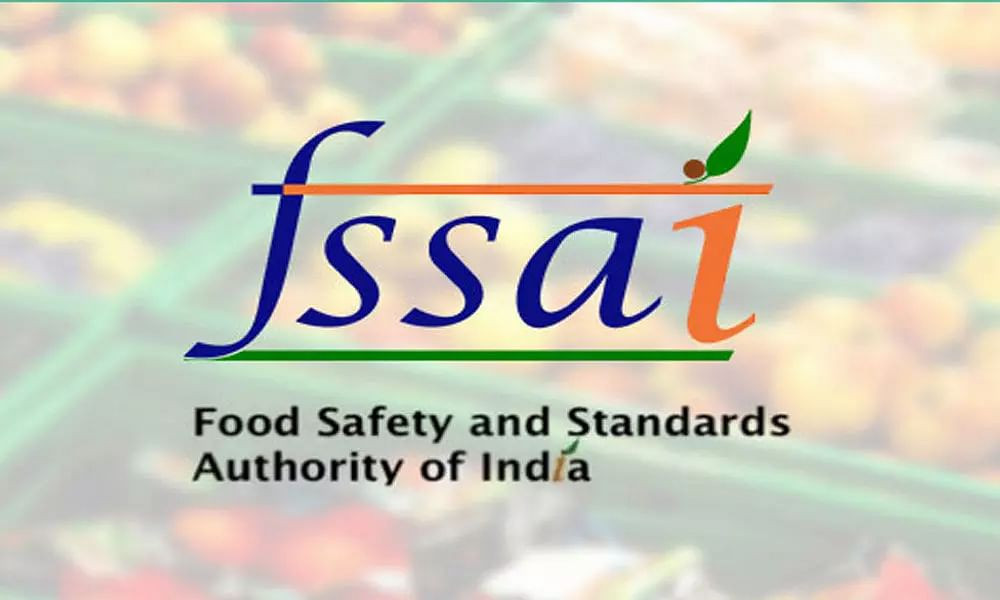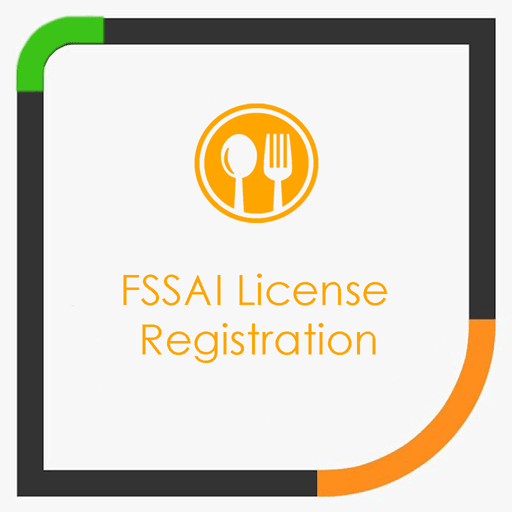FSSAI LICENSE
The Food Safety and Standards Authority of India (FSSAI) is the regulatory body responsible for regulating and supervising the safety of food products in India. FSSAI licenses and compliance are essential for businesses involved in the production, distribution, and sale of food and food-related products. Here's an overview of FSSAI licenses and compliance requirements:
-
Types of FSSAI Licenses: a. Registration: Small-scale food businesses with an annual turnover of up to ₹12 lakhs are required to obtain a basic FSSAI registration. b. State License: Medium-sized food businesses with an annual turnover between ₹12 lakhs and ₹20 crores are required to obtain an FSSAI State License. c. Central License: Large-scale food businesses with an annual turnover exceeding ₹20 crores, importers, and exporters need to obtain an FSSAI Central License.
-
Eligibility Criteria:
- The eligibility criteria for obtaining an FSSAI license vary depending on the category of license and the size and scale of the food business.
-
Application Process:
- Applicants can apply for an FSSAI license through the online portal by submitting the required documents and fees.
- The application may be processed by the respective State or Central authority, and upon approval, the FSSAI license is issued.
-
Documents Required:
- The specific documents required for FSSAI license application may vary depending on the category of license. However, common documents include identity proof, address proof, the blueprint of the food processing unit, a list of food products to be manufactured, and a food safety management plan.
-
Compliance Requirements:
- Once you have obtained the FSSAI license, it is essential to comply with various regulations and standards set by FSSAI to ensure the safety and quality of food products. Compliance includes a. Maintaining hygiene and safety standards in food processing, storage, and distribution. b. Accurate labeling and packaging of food products. c. Regular testing and quality control of food products. d. Keeping records and documentation related to food safety and quality. e. Ensuring the safety and training of staff involved in food handling.
-
Renewal:
- FSSAI licenses are typically valid for one to five years, depending on the category. It is essential to renew the license before it expires to avoid any legal issues.
-
Penalties for Non-Compliance:
- Non-compliance with FSSAI regulations can result in penalties, fines, and even the cancellation of the FSSAI license.
It is important for businesses involved in the food industry to be aware of and adhere to the FSSAI regulations to ensure the safety and quality of food products and to avoid legal consequences. Businesses should also stay updated with any changes or amendments to FSSAI regulations to remain in compliance.


